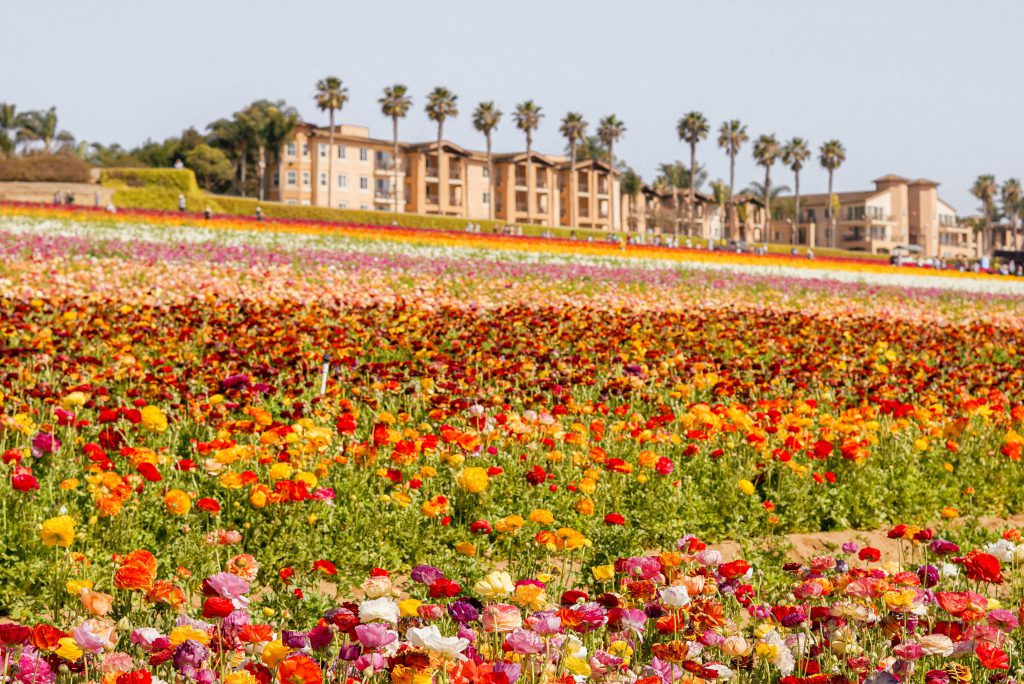This March, we honor Women’s History Month by looking at some of the pioneering women who overcame barriers and left an indelible mark on society. From fighting for civil rights to making groundbreaking scientific discoveries, these women around the world defied conventions and paved the way for generations to come.
Wilma Mankiller: First Female Principal Chief of the Cherokee Nation
Wilma Mankiller was a pioneering Native American leader who became the first woman elected Principal Chief of the Cherokee Nation in 1985. She revised the Cherokee constitution to ensure equal rights for women and spearheaded initiatives for better housing, healthcare and education on Cherokee lands. Mankiller emerged as a powerful voice for Native American self-determination and women in tribal leadership.
Alice Ball: Developed Treatment for Leprosy
Alice Ball was a young African American chemist in the early 1900s who developed the first successful treatment for leprosy (Hansen’s disease) at just 23 years old. She was the university’s instructor and led the research team that discovered the injectable chaulmoogra oil treatment, though her work went uncredited for many years due to racism and sexism at the time. Ball’s pioneering treatment improved countless lives before her tragic premature death.
Junko Tabei: First Woman to Summit Everest
In 1975, Junko Tabei became the first woman to reach the summit of Mount Everest, shattering assumptions about female physical limitations. The Japanese climber and mountain explorer was committed to pushing the boundaries for women in outdoor adventure, founding the Ladies Climbing Club in Japan and racking up many other climbing firsts. Her quest to be the first woman at the highest peak paved the way for greater opportunities for women in mountaineering.
Ynés Mexía: Pioneering Mexican American Botanist
Ynés Mexía was a leading Mexican American botanist in the early 20th century known for her groundbreaking collection of over 150,000 plant specimens and discovery of new species. She explored remote regions of Mexico, South America and Alaska in her 60s and 70s, earning multiple degrees during an era when it was extremely rare for Hispanic women to work outdoors or pursue higher education. Mexía’s work shed light on diverse plant life and inspired aspiring Hispanic and women botanists.
These unsung heroes overcame both gender and racial barriers to make pioneering contributions across diverse fields, challenging norms and inspiring future generations of women leaders.










